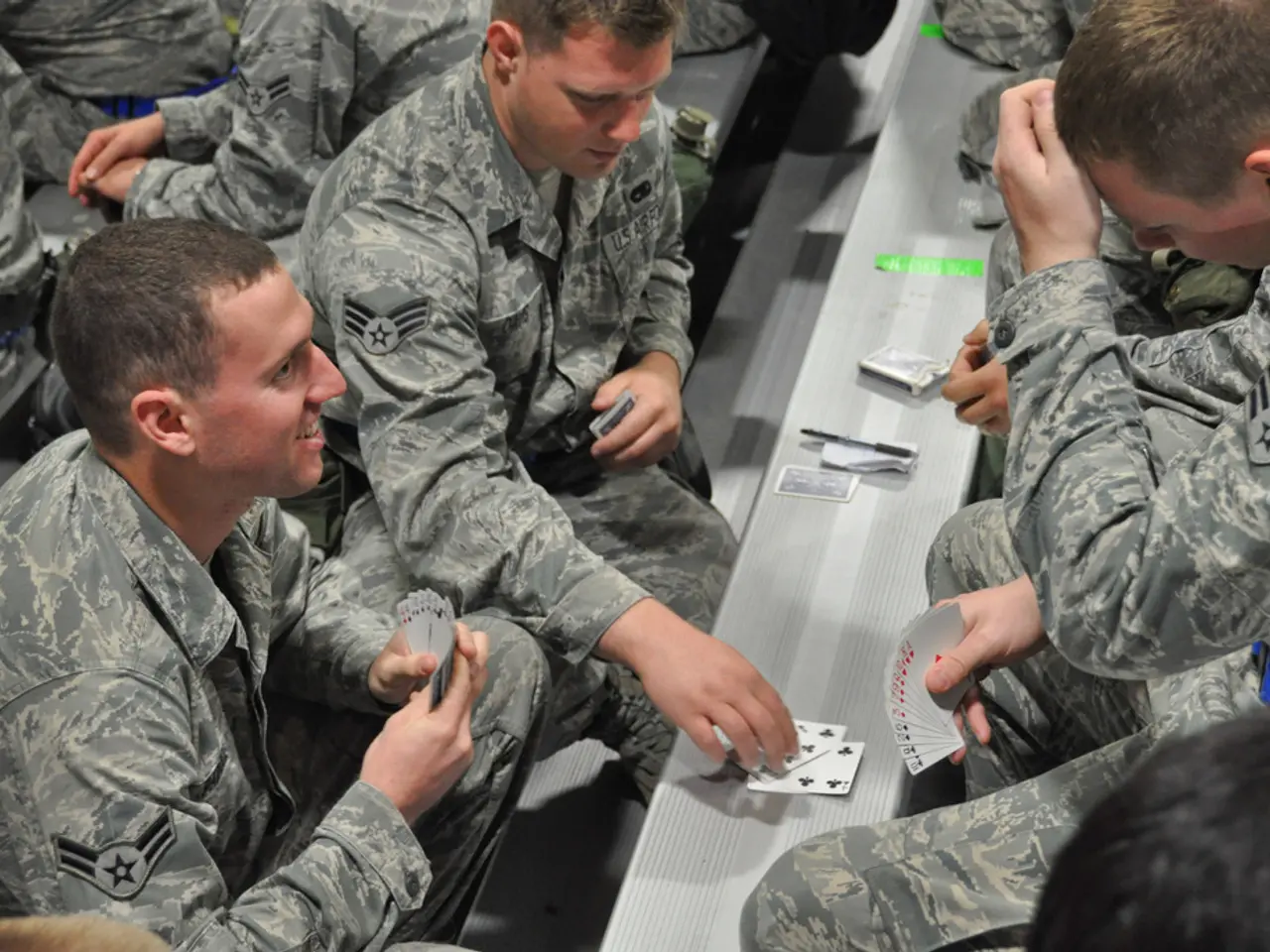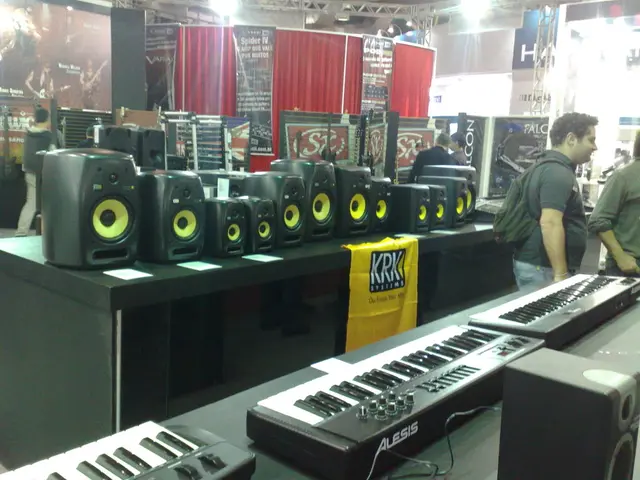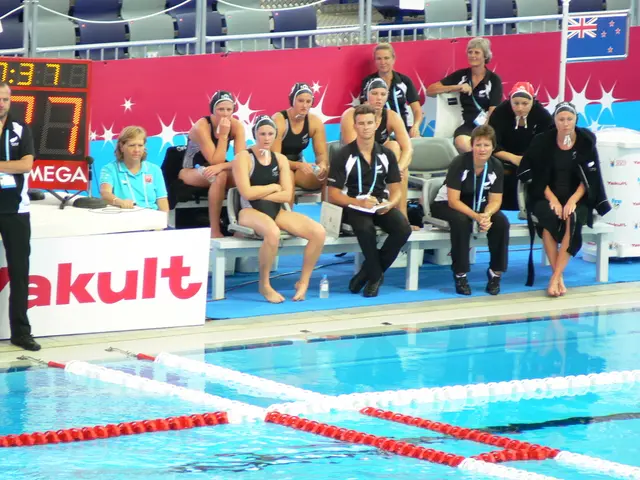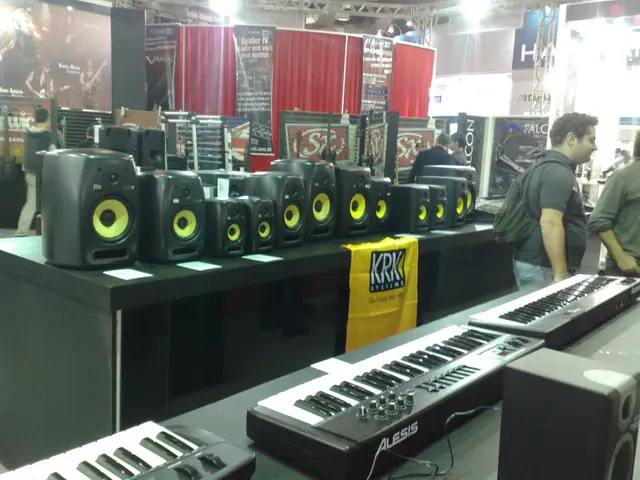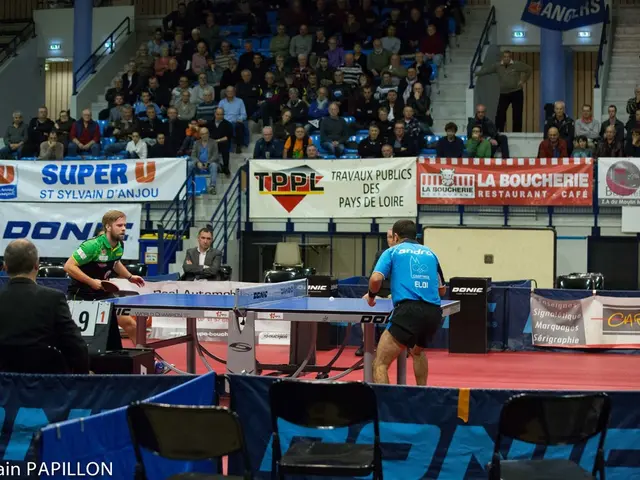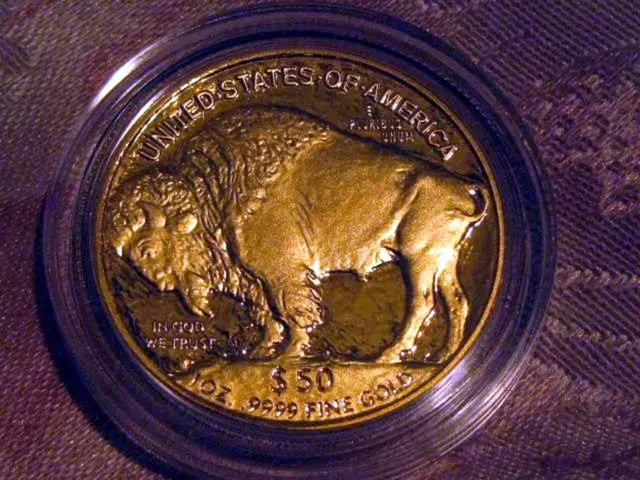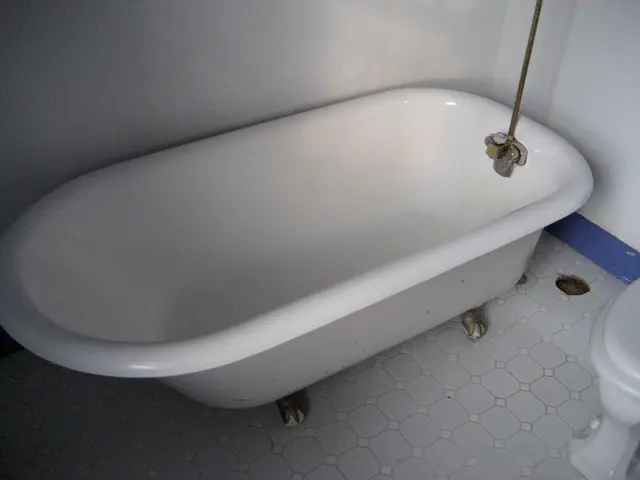"Strategies for Negotiating Dishonest Poker Players"
In the world of poker, angle shooting is a term used to describe questionable or unethical practices that don't break the rules but aim to gain an advantage over another player. Here are some common forms of angle shooting and how to identify and prevent them.
Going South
This is when a player intentionally removes chips from their stack during a hand to minimize losses if they end up losing. To detect this, watch for players physically hiding or moving chips away after the hand starts. Dealers and floor staff should enforce rules that prohibit chip removal or stack reduction while a hand is in progress.
Intentionally Hiding Big Denomination Chips
A player may conceal large-value chips to confuse opponents about their actual stack size. To prevent this, be vigilant about chip visibility, and casinos or home games should have clear rules requiring visible stacks and dealer attention to suspicious behavior.
Pump Fake
This involves a player pretending to bet or raise by moving chips forward as if to place a bet but then pulling them back. Detecting a pump fake requires observing whether the chips actually enter the pot. Dealers and players should call out incomplete bets immediately and enforce standing rules disallowing such deceptive acts.
Mis-declaring a Hand at Showdown
A player might deliberately say they have a weaker or stronger hand than they actually do or falsely reveal cards. Prevent this by requiring players to either show their full hand clearly or allow the dealer to verify cards themselves before awarding the pot.
Acting Out of Turn
When a player acts out of sequence to gain an advantage or reveal information, it can disrupt fair play. Identifying this involves noting the proper betting order and correcting the action immediately. Rules should penalize or correct out-of-turn moves, and dealers must monitor actions closely.
It's essential to remember that angle shooting refers to actions that exploit loopholes or moral gray areas while staying close to legality but damaging the game’s integrity. Prevention rests on a combination of vigilant player awareness, dealer enforcement, clear rules, and sometimes floor intervention to maintain fair play.
Verbal actions are binding in most poker rooms, even if a player acts out of turn and the action before them doesn't change. However, angle shooting can lead to tension at the table and potentially unpleasant situations. Protecting oneself against known angle shooters is important, especially in big tournaments.
In poker, some players may pretend to announce a bet or raise, move chips forward, and then pull them back, trying to gauge a reaction from opponents. Poker is a game of people, and poor etiquette, even if not strictly against the rules, can create a toxic environment and negatively impact everyone. Angle shooting is generally frowned upon by the poker community.
In most poker settings, penalties for angle shooting are usually mild. However, it's important to remember that maintaining the integrity of the game is crucial for everyone's enjoyment. So, if you encounter angle shooting, don't hesitate to speak up and report it to the dealer or floor staff. By doing so, you help ensure a fair and enjoyable game for all players.
[1] Sources: Various poker forums, poker strategy websites, and poker rulebooks.
In a casino-and-gambling environment, bloggers may discuss the strategies and unethical practices in casino-games like poker, such as angle shooting. For instance, a blog post might delve into the act of "Poker Face Angle Shooting," where a player tries to deceive opponents with facial expressions, even though it's not explicitly a rule violation.
Another popular topic for a casino-games blog could be "The Rise of Online Poker Angle Shooting," focusing on the unique challenges in identifying and preventing angle shooting in the online poker environment, such as screen recording software or chat room subterfuge.
